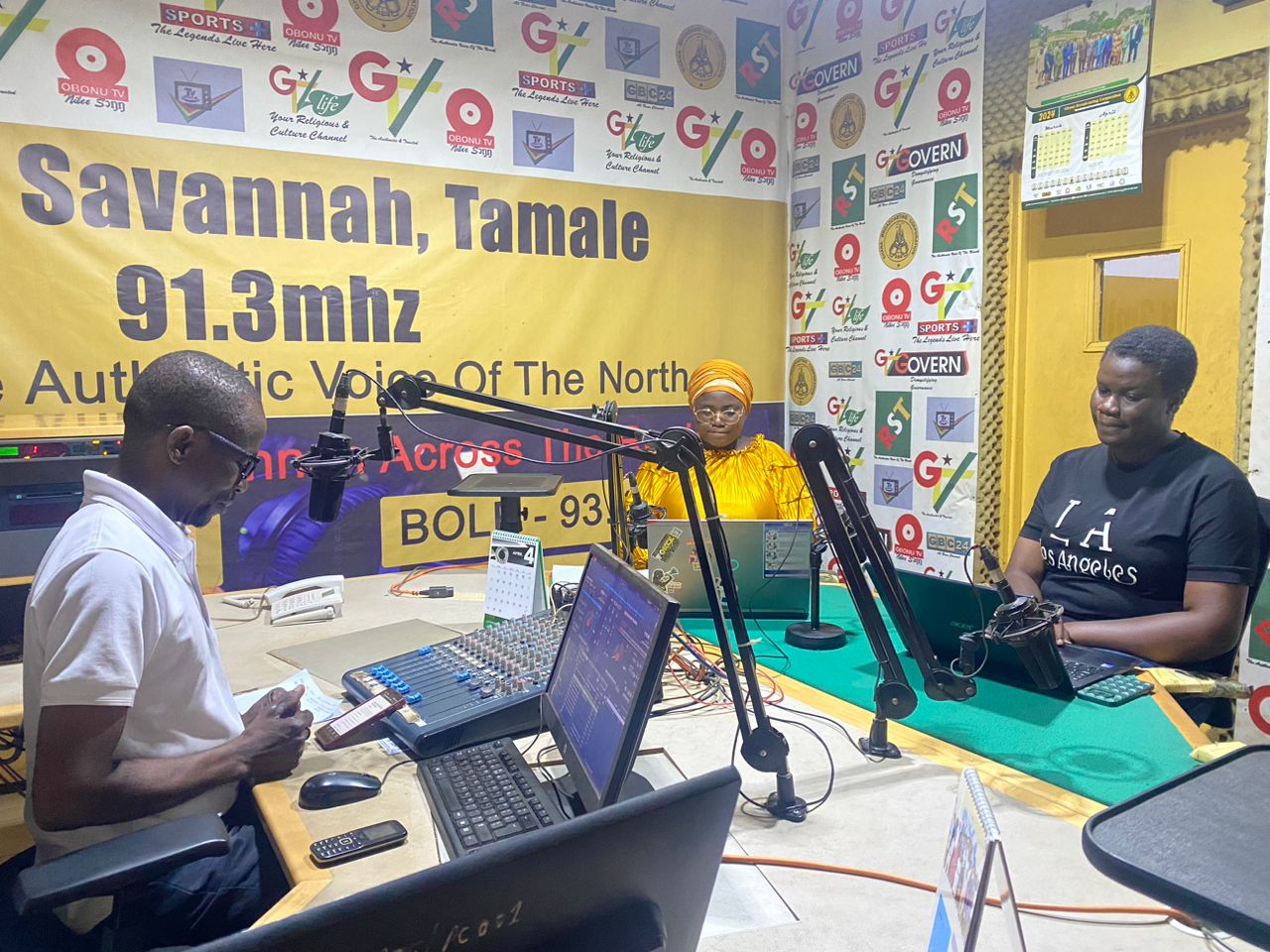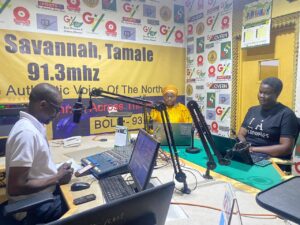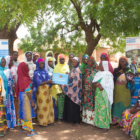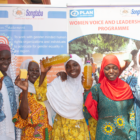No products in the cart.

Women, Land Rights, and Food Security in Northern Ghana

WOMEN , LAND RIGHTS AND FOOD SECURITY IN NORTHERN GHANA
In many communities, women face discrimination when it comes to land ownership and use. This isn’t just unfair, it hinders food security for everyone.
A recent IFPRI Discussion Paper (Gender inequalities in ownership and control of land in Africa: Myths versus reality | IFPRI : International Food Policy Research Institute) highlights how unequal land rights in Africa hold back development. But when women have secure land rights, they gain power! They can decide what crops to grow, how to manage the land, and how to use the harvest – all contributing to a community’s food security and economic well-being.
This message was powerfully echoed by a Songtaba community leader and a gender equality specialist at a recent radio session at the GBC Radio Savannah 91.3 MHz, Tamale. They emphasized that giving women access to land is critical, not just for families, but for the entire nation’s long-term sustainability.
The program delved into the recently enacted New Land Act, highlighting how it promotes:
● Equal Access to Land Ownership: Women can now own land jointly with spouses and inherit land from deceased parents.
● Securing Land Ownership Titles: The Act clarifies the process for women to obtain land titles, ensuring their rights and protecting their interests.
● Fair Inheritance Rights: Traditional practices that excluded women from inheriting land are addressed, guaranteeing women their rightful share.
The discussion went beyond legal aspects, emphasizing the crucial link between women’s land rights and food security:
● Women as Food System Powerhouses: From production and processing to marketing and consumption, women are deeply involved in all stages. Secure land ownership empowers them to invest in better farming practices, leading to:
○ Increased Food Production: Improved yields translate to more food for families and communities, boosting food security.
○ Greater Household Income: Women’s participation in the entire food value chain, from post-harvest activities to sales, generates additional income for themselves and their families.
Men as Allies for Change: The program addressed the importance of men’s support in achieving gender equality regarding land rights. By advocating for women within families and communities, men can champion the New Land Act’s provisions.
Economic Benefits of Women Owning Land: Secure land ownership unlocks a wave of positive economic outcomes:
● Increased Productivity & Investment: Secure land titles allow women to invest in better seeds, fertilizers, and irrigation, leading to higher yields. They can also access credit for these improvements.
● Improved Decision-Making: Studies show women reinvest a larger portion of their income back into their households and agricultural production, fostering a sustainable cycle.
● Focus on Food Security: Women farmers often prioritize growing nutritious food for their families and communities, strengthening food security.
● Job Creation & Income Generation: Secure land ownership empowers women to diversify agricultural activities, potentially creating jobs through:
○ Diversification: Raising livestock, cultivating high-value crops, or starting processing/marketing businesses create new income streams.
○ Increased Labor Needs: Expanded production may require hiring additional workers, benefiting family members and the local community.
○ Market Participation: Secure land rights allow women to sell their produce more actively, stimulating the local economy and creating opportunities for those involved in the agricultural supply chain.
By empowering women through secure land rights, we empower entire communities! Let’s continue this important conversation and work towards a future where everyone thrives.
#LandRights #WomenEmpowerment #FoodSecurity #NorthernGhana #GenderEquality



